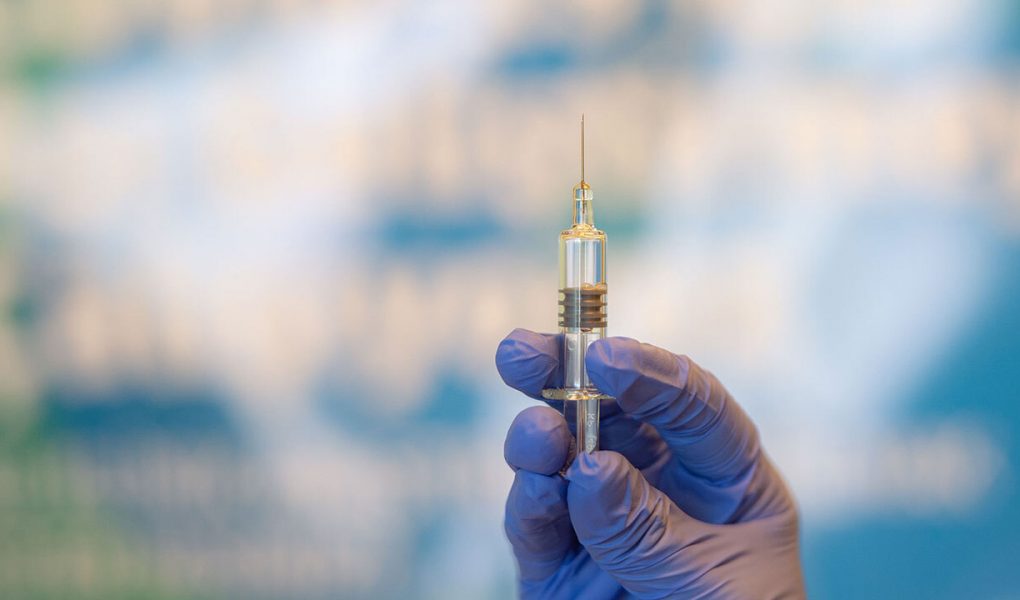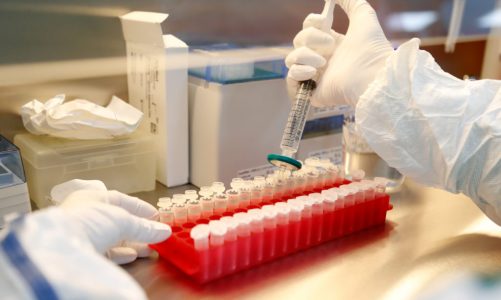The European Commission on Thursday urged EU member countries to develop a common strategy for the deployment of coronavirus vaccines, provided they are safely available.
The Commissioner for Health, Stella Kyriakides, warned that “time is running out” due to the rapid increase in infection rates in Europe.
Germany just saw a record daily increase in new cases, 6,638 reported on Thursday, while France is introducing new overnight curfews over the next four weeks, and the British government is set to introduce heavy restrictions in London as well. Overall, Europe has now overtaken the US in new case rates for the first time since the early days of the pandemic.
European stock markets fell on Thursday (the Stoxx 600 was down 2.4% in morning trading) on fears over incoming restrictions, as well as the likely failure of US leaders to agree to a new short-term stimulus package. . . .
In this context, the Commission, the executive body of the EU, published on Thursday a series of criteria that countries must take into account.
These include the ability of your immunization services to administer vaccines; make vaccines easy and affordable for people; solve logistical problems such as refrigerated transport and storage; and “clear communication.”
Avoiding lockdowns
“We are helping EU countries to prepare their vaccination campaigns: who should get vaccinated first, how to have a fair distribution and how to protect the most vulnerable.
if a safe and effective vaccine is found, we must be prepared to implement it as quickly as possible, including building public confidence in its safety and efficacy. “
In fact, public confidence in vaccines has increased in Europe in recent years. A study published last month in The Lancet found improvements even in countries, such as France and Italy, that have strong movements against vaccines. Nonetheless, that study ended before COVID-19 hit, and the pandemic has seen many conspiracy theories surrounding the concept of a coronavirus vaccine, including the idea that the pandemic was somehow planned to inject microchips. . . . . to all.
The Commission has already played a coordinating role in the possible procurement of a coronavirus vaccine. It has signed advance purchase agreements with AstraZeneca, Johnson & Johnson, and Sanofi-GSK to secure supplies when available, and is still in negotiations with BioNTech / Pfizer, Moderna, and CureVac.
The pandemic has seen unprecedented momentum in the pharmaceutical industry, but the path to a successful and safe COVID-19 vaccine is not yet clear, as demonstrated this week when J&J had to pause its late-stage trials due to the disease of a volunteer.
Prioritizing distribution
When it comes to distribution, all EU member states will be able to receive vaccines at the same time, and the size of their orders will be linked to the size of their populations. They will buy the vaccines from pharmaceutical companies at prices that were established during the negotiations.
The Commission is not telling member states the order in which they should distribute vaccines internally, but on Thursday it did provide examples of what the priority target groups should be, namely workers in medical and nursing homes. long-term; People over 60 years; people at high risk due to health problems; essential workers; people who cannot socially distance themselves; and “most disadvantaged socio-economic groups”.
This coincides with a warning issued by the World Health Organization, whose chief scientist Soumya Swaminathan said healthy young people may have to wait until 2022 to get vaccinated, assuming a safe vaccine comes out next year.




